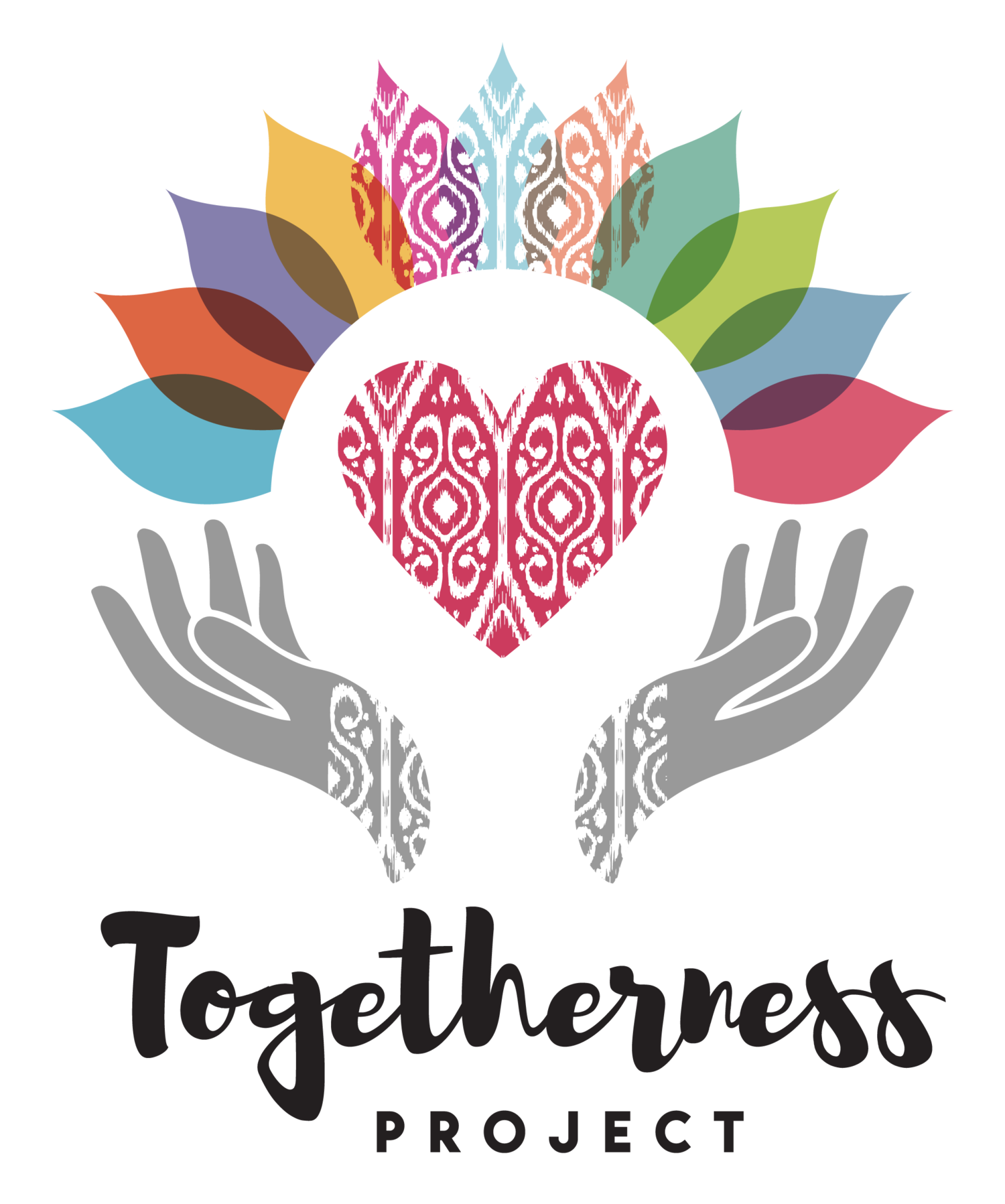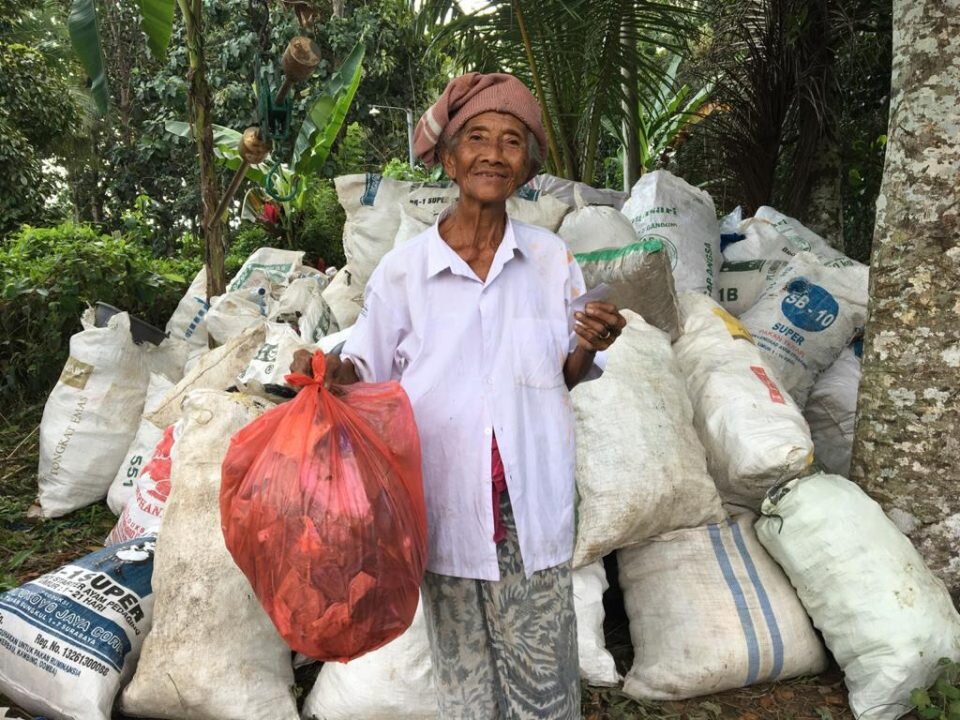Bali’s Trash Solution in Action
By: Stephanie Brookes
When it comes to getting a handle on recycling and plastic waste in Bali, then look no further than the Plastic Exchange Program that has been operating in Bali since May 2020.
It is a real inspiration for locals who want to clean up their environment – a simple system of collecting plastic and exchanging it for rice.
The project was dreamed up by I Made Janur Yasa, a Tabanan village local and co-founder of Moksa Restaurant in Ubud who asked himself how he could help his village amidst the COVID-19 pandemic.
Janur reflected, “Within every crisis, there lies an opportunity,” and this is what inspired the Plastic for Rice Program, now renamed, Plastic Exchange Program. So, what is the program all about?
It began as a barter system between plastic trash and rice. Now, this has expanded to include the exchange of other basic staples like sugar, coffee, and depending on the particular village decision, also extends to seedlings and plants, school books, second-hand quality clothes and other items deemed necessary.
In May 2020, Janur started with two Banjar (village councils) in Tabanan, and it gathered steam quickly. “This is a true grassroots movement,” Janur explained, “and it runs deeper than collecting plastic and exchanging it for rice. It is about education and action,” he said.
With a few dedicated volunteers in his core team, the initiative spread across the island like wildfire and now, 200 Banjar across Bali are on board. To date, 200 tonnes of plastic waste have been collected and 35 tonnes of rice have been given out. The program has now spread to over 6,000 households in Bali who are actively participating in this new wave of cleaning up their local area.
So, how do you motivate 200 Banjar to participate in a program like this? Janur explained how his team firstly sit face to face with the banjar leaders and explain the concept. After that, it is totally led by the community, who look after the weighing of the plastic, recording the data, and distributing the rice. Also, if the banjar feels rice is not the best commodity for exchange, then swapping the plastic exchange is switched to school books, produce or second-hand clothing. The community decides what is deemed most needed in that particular banjar.
“This program is totally led by the people and for the people,” Janur said. “In a very short time, communities are seeing the benefit with a cleaner plastic-free environment, resulting in more fertile soil, clean air and cleaner water.” Other benefits of the program include the behaviour that is being changed (for the better), education, learning how to separate non-organic matter, and the reinforcement of the concept of reduce, reuse, recycle.
In addition, a time-honoured practice has been reinstated – the barter system. The Balinese have known this barter system for hundreds of years, when their culture was cashless and operated by barter of produce, goods, livestock, etc.
Janur found the best way to mobilise the people was to work through the local community including the subak, the banjar or village, and the youth and environmental groups. Logistically, the trash collection process uses a system already in place in Bali called the Trash Bank, and the funding for the rice or goods comes from individuals, local businesses, organisations, and philanthropists.
The pride of this project stands by its mission statement: “To empower Balinese people to prosper through a barter program that provides sustenance in exchange for collecting non-organic waste, while making Bali cleaner”.
Let’s hope that the Plastic Exchange Program can serve as a tried-and-true method and spreads far and wide across the archipelago.
Published by: Indonesia Expat - https://indonesiaexpat.id/featured/balis-trash-solution-in-action/



